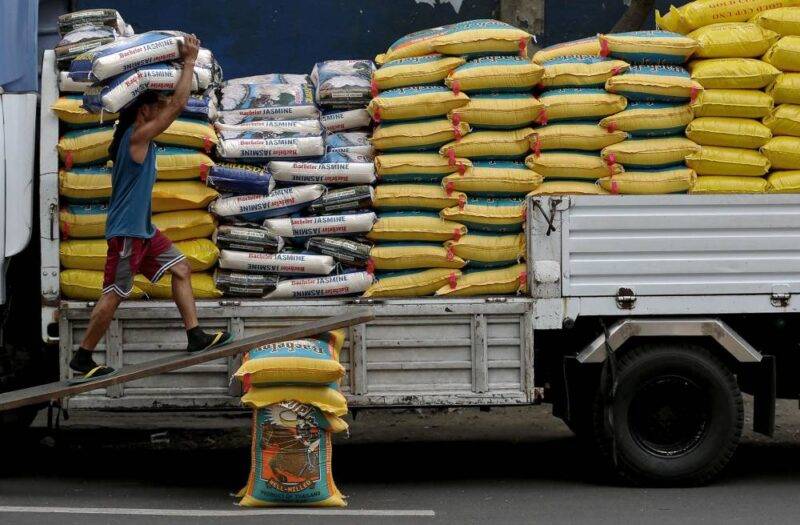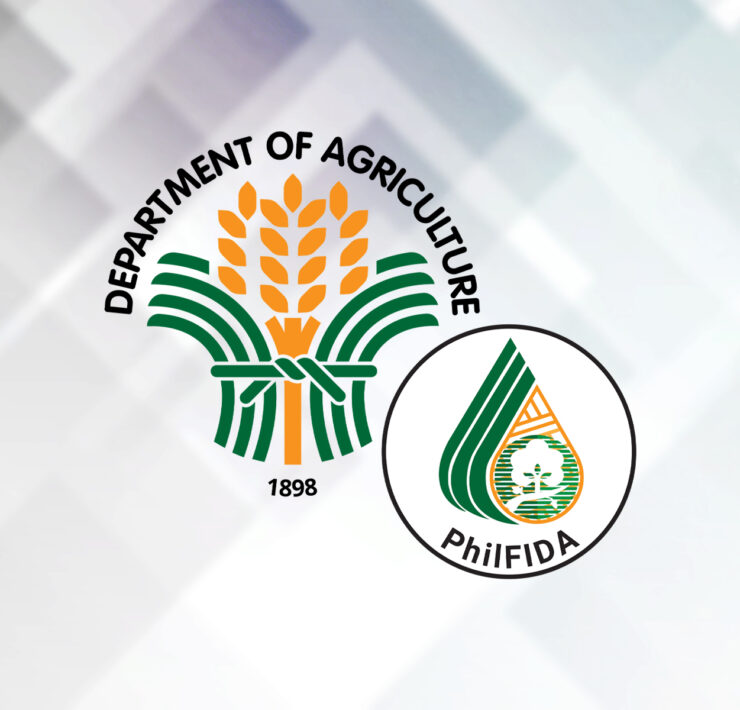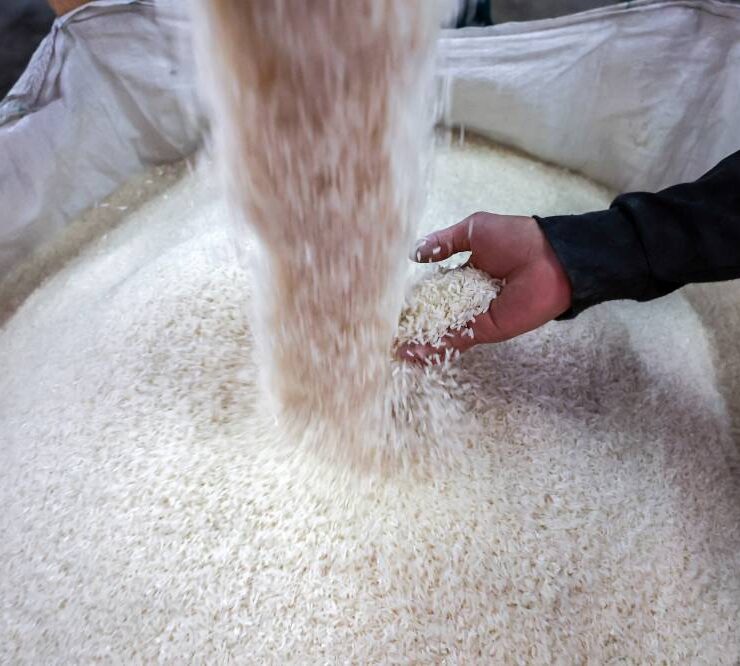DA wants to remove brand label of imported rice

The Department of Agriculture (DA) plans to remove brand labels from imported rice in another attempt to prevent the alleged price manipulation of the staple food.
It will also eliminate “premium” and “special” labels on imported rice, believing that some industry players are using them “to justify inflated prices.”
“Importing rice is not a right but a privilege,” Agriculture Secretary Francisco Tiu Laurel Jr. says.
“If traders are unwilling to follow our regulations, we will withhold permits for rice importation,” he adds.
Locally produced rice, however, will be exempted from this rule to protect Filipino farmers and traders.
In market visits, the DA has observed that certain retailers and traders are “intentionally confusing” consumers with branded imported rice to jack up retail prices.
The DA estimates that a markup of P6 to P8 per kilogram on the landed cost of importing this commodity (or the cost of shipping a product) is sufficient to sustain the operations of retailers, traders and importers.
For instance, if rice was sourced from Vietnam, the country’s leading source of imported rice, the retail price should not exceed P48 per kg if the commodity were purchased at an all-in cost of P40 a kilo.
The DA is considering to invoke a food security emergency so that the National Food Authority can release its buffer stocks to stabilize prices.
Under Republic Act No. 12078, which amended the Rice Tariffication Law, the agriculture secretary is empowered to declare such an emergency in case of a supply shortage or extraordinary price fluctuations upon the recommendation of the National Price Coordinating Council.
Likewise, the agency is considering to allow other government corporations, such as Food Terminal Inc., to import significant quantities of rice to directly compete with private importers.
The DA’s legal division, meanwhile, is ordered to study whether provisions of the Consumer Price Act could be activated to deal with seeming acts of profiteering.
Tiu Laurel hints at enlisting concerned government agencies, particularly the Bureau of Internal Revenue, to audit the financial records of rice traders to ensure compliance with fair pricing practices. He says the Department of Trade and Industry may also assist in monitoring prices of rice in markets and groceries.
The DA launched this month the Rice-for-All program at select public markets in the metropolis and Metro Rail Transit Line 3 and Light Rail Manila Transit Line 1 stations to address rice price volatility.
Launched in August, this initiative sells well-milled rice in these areas for P40 per kg to the general public.
The DA is implementing these efforts as rice prices remain elevated despite the slowdown in global rice prices and the reduction of rice tariff to 15 percent from 35 percent effective last July.
A kilo of imported regular milled rice ranged from P40 to P48 as of Dec. 20 compared with P38-P52 per kg a year ago, based on the DA’s price monitoring of Metro Manila markets.
Imported well-milled rice retailed for P40 to P52 per kg compared with P40 to P55 per kg previously.





















